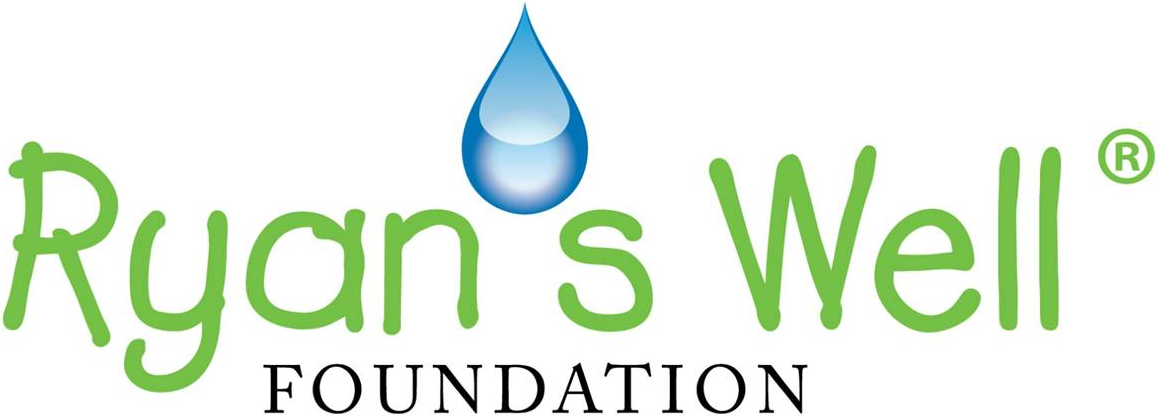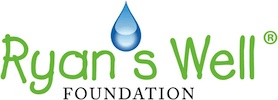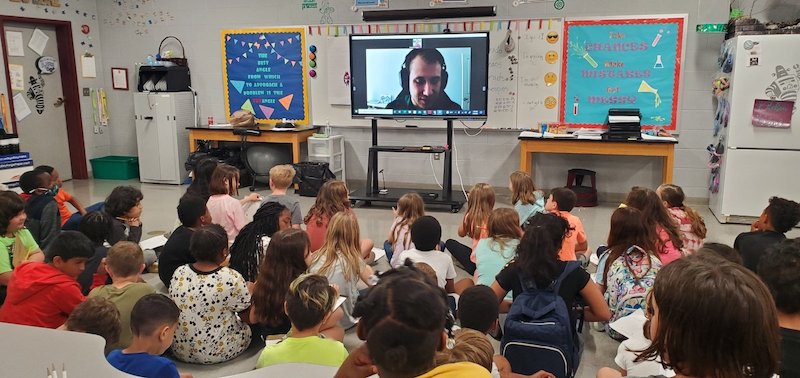ABOUT THE PROJECT
This project will see the construction of 25 protected springs, two rainwater harvesting tanks, and one Ventilated Improved Pit latrine with a handwashing station, helping 28 communities (more than 6,620 people from 820 households) receive access to clean water and sanitation by March 2024.
The project will also provide extensive (and wide-reaching) Water, Sanitation, and Hygiene (WASH) training, including hygiene education for all 28 communities. These WASH lessons will reach even further with four radio broadcasts dedicated to providing this life-saving knowledge for commmunities in Western Uganda. As with all Ryan’s Well projects, Water Committees will be formed at each community, whose objective is to manage and maintain the sources. Additionally, the RWIDF team will provide women from the area with financial training, as well as workshops to learn how to make liquid soap. These trainings will help the communities thrive financially, and create income-generating activities for the participating women and their families.
WHAT DO THE FUNDS SUPPORT?
- Construction of 25 protected springs.
- Construction of two 30,000L rainwater harvesting tanks.
- Construction of one VIP latrine with a handwashing jar for a primary school.
- Mobilization of all 28 communities and organization of 28 Community Water Committees.
- Extensive WASH training for Water Committees and all beneficiaries.
- Training of caretakers in maintenance, management and repair for all 28 sites.
- Formation and training of two Village Saving and Lending Association (VSLA) groups (80 women in total).
- Formation and training of five groups in liquid soap production (150 women in total).
- Substantial WASH training via four radio broadcasts.
- Ongoing local monitoring and evaluation.
WHY IS THIS PROJECT IMPORTANT?
- Overall safe water coverage in the Rukungiri and Mitooma districts is currently only at 62%.
- Much of the population relies on collecting surface water for drinking and domestic uses, because the mountainous terrain makes it nearly impossible to construct wells.
- Because of this, many people suffer from frequent flu, typhoid, and stomach illnesses.
- 41% of household income in these regions is spent on health care – much of which could be avoided with access to clean water and sanitation.
- This extra expense has led to poor school attendance, poor educational performance, and early dropout (especially for girls).
- Residents of the Rukungiri, Mitoomba, and Ntungamo districts have to travel long distances to collect water.
ABOUT THE RUKUNGIRI, MITOOMA, AND NTUNGAMO DISTRICTS
The Rukungiri, Mitooma-Bushenyi, and Ntungamo Districts are located in Western Uganda; these Districts are not very large, and are covered mostly in agricultural land, including hilltops and mountains. This terrain makes it very difficult to drill wells, and is why many of the communities in this area rely on surface water for drinking and domestic purposes. Consequently, communities in Western Uganda often experience the negative health impacts associated with drinking contaminated water, such as frequent flu, typhoid, and stomach illnesses. In order to improve this situation, people in this region must collect water from an improved water source, such as a protected spring or a rainwater harvesting tank, which are types of infrastructure that work well in this area. This will allow the communities to practice good hygiene, including safe excreta disposal, hand washing, and home/kitchen cleanliness. For these reasons, Ryan’s Well Foundation has partnered with the Rukungiri Women Integrated Development Foundation (RWIDF) in Western Uganda since 2004, and will collaborate once again for this project.
ABOUT OUR PARTNER, RWIDF
Founded in 2002, Rukungiri Women Integrated Development Foundation (RWIDF) is a non-governmental women’s organization based in the Rukungiri District of Uganda, with a mandate to enhance the skills, livelihoods, and well-being of women and youth, in order to mobilize communities, and increase awareness of water, sanitation, and hygienic standards, income promotion/credit scheme, reproductive health, food security, education, good governance, and human rights advocacy. In the past 20 years, RWIDF and Ryan’s Well Foundation have constructed over 342 water tanks, 17 rainwater harvesting tanks, 9 deep wells, 5 shallow wells, and 20 VIP latrines in the districts of Rukungiri, Mitooma, and Ntungamo.


